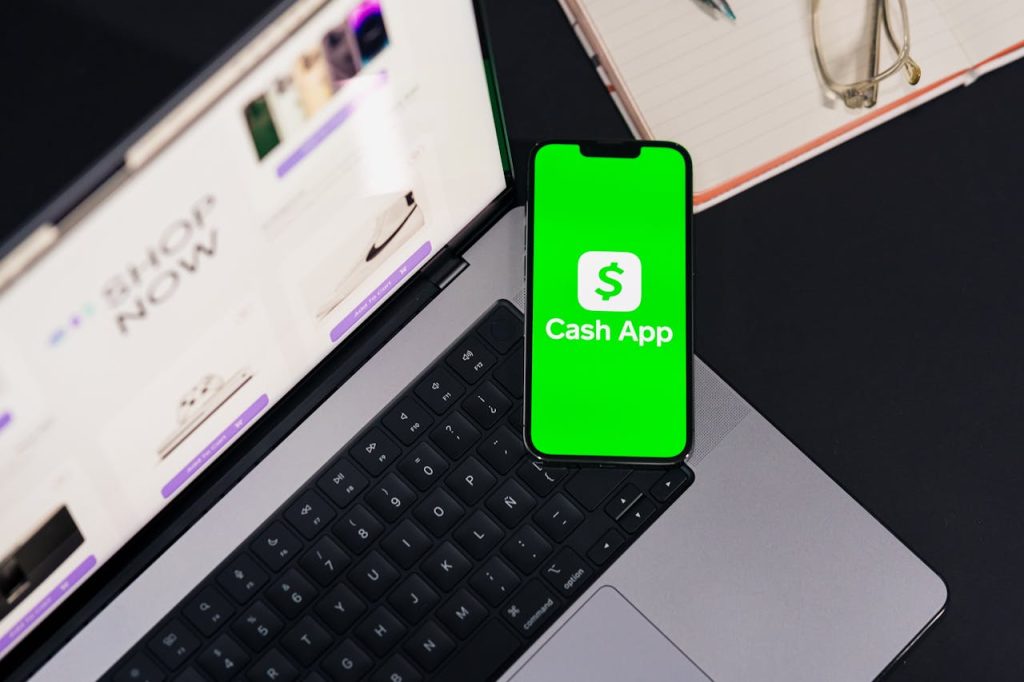
Budgeting apps have exploded in popularity over the past few years. It’s easy to see why: they promise to make managing your money simple, fast, and maybe even a little fun. Many people install a budgeting app expecting it to fix their financial problems overnight. But why do so many people believe budgeting apps solve everything? This matters because relying too much on any tool can lead to disappointment—and sometimes, missed opportunities for real growth. Understanding the reasons behind this belief can help you decide how to use these apps more effectively and avoid common pitfalls.
1. The Allure of Automation
People love the idea of setting something up once and letting it run on autopilot. Budgeting apps often promise to automatically track spending, categorize purchases, and even alert you to upcoming bills. This automation makes it feel like the hard work of managing money is being handled for you. When everything is running in the background, it’s tempting to believe your finances are under control—no extra effort required. The primary SEO keyword, budgeting apps, comes up in nearly every conversation about automation in personal finance.
However, automation can also create a false sense of security. If you never look at the data or ignore the alerts, you might miss out on important insights. Automation is a tool, not a solution in itself.
2. Instant Gratification and Positive Reinforcement
Budgeting apps are designed to deliver quick feedback. You get colorful charts, progress bars, and notifications that make you feel accomplished. This instant gratification can make it seem like budgeting apps have solved your money issues just by showing you where your money is going. The positive reinforcement makes people want to keep using the app, even if their actual spending habits haven’t changed much.
Feeling good about your progress is motivating, but it doesn’t always mean you’re making the best choices. Sometimes, the metrics these apps track aren’t the ones that matter most for your financial goals.
3. Easy Access to Financial Information
Before budgeting apps, people had to log into multiple accounts, save receipts, and manually update spreadsheets to see where their money was going. Now, everything is in one place. This convenience leads many to believe budgeting apps solve everything because they finally have a clear picture of their finances—without the hassle.
Having all your information at your fingertips is a huge advantage. But just because data is accessible doesn’t mean it’s actionable. You still have to make decisions and follow through on them. Budgeting apps can make you feel informed, but informed doesn’t always mean empowered.
4. The Promise of Customization
Most budgeting apps allow you to set personalized goals, choose spending categories, and even create custom alerts. This level of customization makes people feel like the app is tailored to their unique financial situation. When you can adjust every setting, it’s natural to think the app will work perfectly for you.
Customization is useful, but it can also be overwhelming or lead to analysis paralysis. Sometimes, people spend more time tweaking their settings than actually sticking to their budget. Budgeting apps can help, but only if you use the customization features to support your real-life habits and goals.
5. Social Proof and Success Stories
Everywhere you look, there are stories about people who turned their finances around with budgeting apps. Influencers, bloggers, and even friends may share how an app helped them pay off debt or save for a big purchase. This creates a sense of social proof—if it worked for them, it should work for you too.
The reality is that budgeting apps are just one part of the equation. Success stories often leave out the hard work, discipline, and mindset shifts required to achieve those results. Believing that budgeting apps solve everything can lead to disappointment if you expect instant results without the effort.
6. The Marketing Machine Behind Budgeting Apps
Companies behind budgeting apps spend a lot on marketing. They use sleek ads, influencer partnerships, and even free trials to attract new users. The messaging often centers around how their app can simplify your life and solve all your money problems. It’s easy to get swept up in the hype.
But marketing is just that—marketing. While these tools can help, they can’t change your habits for you.
What Budgeting Apps Can—and Can’t—Do
Budgeting apps are powerful tools, but they aren’t magic wands. They can help you track spending, set goals, and see your financial picture in one place. But they can’t force you to make better choices or stick to your budget. Relying on budgeting apps alone won’t solve everything—personal responsibility and regular check-ins are still key.
If you’re considering a budgeting app, treat it as a tool in your financial toolbox, not the entire solution. Look for features that match your needs, and use the data to inform your decisions.
Do you use a budgeting app? Has it changed the way you manage your money, or do you still run into challenges? Share your thoughts in the comments below!
What to Read Next…
- Are Budgeting Apps Designed To Push You Into Debt?
- Whos Watching Your Financial Apps Without You Knowing It
- Are Financial Apps Sharing Your Spending Data More Than You Realize
- 5 Budgeting Tools That Trick You Into Higher Spending
- Are These 6 Helpful Budget Tips Actually Ruining Your Finances
The post Why Do So Many People Believe Budgeting Apps Solve Everything appeared first on The Free Financial Advisor.







